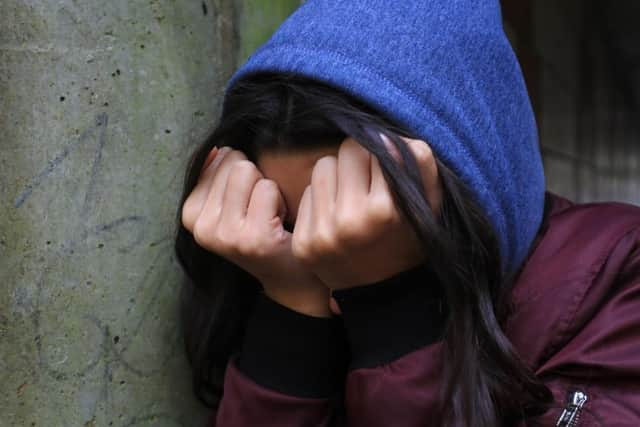This is how many Mid Sussex children were in temporary accommodation during lockdown
and live on Freeview channel 276
Last winter, the Government instructed people to stay in their homes in an effort to curb the spread of Covid-19, but at least 29 families with children were without a permanent place to live when lockdown lifting began in spring.
Experts are now calling for more social housing to be built in a bid to prevent youngsters spending their early years in ‘grossly insecure’ and poor quality accommodation.
Advertisement
Hide AdAdvertisement
Hide AdData from the Ministry of Housing, Communities and Local Government shows that there were 63 children among the families in Mid Sussex staying in temporary accommodation on March 31.


An MHCLG spokeswoman said the number of children in temporary accommodation had fallen 6.5 per cent between March 2020 and March this year, with the Government ‘determined to reduce this further’.
But stark figures show that four in every 1,000 households in England were in temporary accommodation in March (one in every 1,000 in Mid Sussex) and almost 120,000 children had no permanent home.
Darren Rodwell of the Local Government Association, which represents councils, described the figures as tragic, adding: “Having a safe, secure, permanent home is the bedrock of any child getting the very best start in life.
Advertisement
Hide AdAdvertisement
Hide Ad“This is a sad reflection of the lack of housing in this country and demonstrates the urgent need to build more social homes.
“This won’t happen overnight, but it is vital that councils, working with government, are given the powers to get building homes again at a scale that drastically reduces homelessness, as we look to build back the nation following the pandemic.”
Polly Neate, chief executive of housing charity Shelter, said thousands of children were paying the price over a failure to build enough social housing in the UK.
She said: “Without a home, children are spending their vital early years trapped in grossly insecure and often poor-quality temporary accommodation.
Advertisement
Hide AdAdvertisement
Hide Ad“We know from our own services and research that living in one room in a homeless B&B or hostel, with precious little space to sleep, eat or play, can seriously harm a child’s wellbeing and development.
“The bottom line is you cannot solve homelessness without enough homes that people can actually afford to live in.”
The MHCLG spokeswoman said decisive action to reduce the need for temporary accommodation, backed by £310 million funding for councils, was being taken to prevent homelessness before it occurs.
She said: “This is part of £750 million this year alone to tackle homelessness and rough sleeping.
Advertisement
Hide AdAdvertisement
Hide Ad“We are also investing over £12 billion in affordable housing over the next five years to help housing associations, councils and others deliver new homes – including up to 180,000 new homes should economic conditions allow – with half for affordable and social rent.”